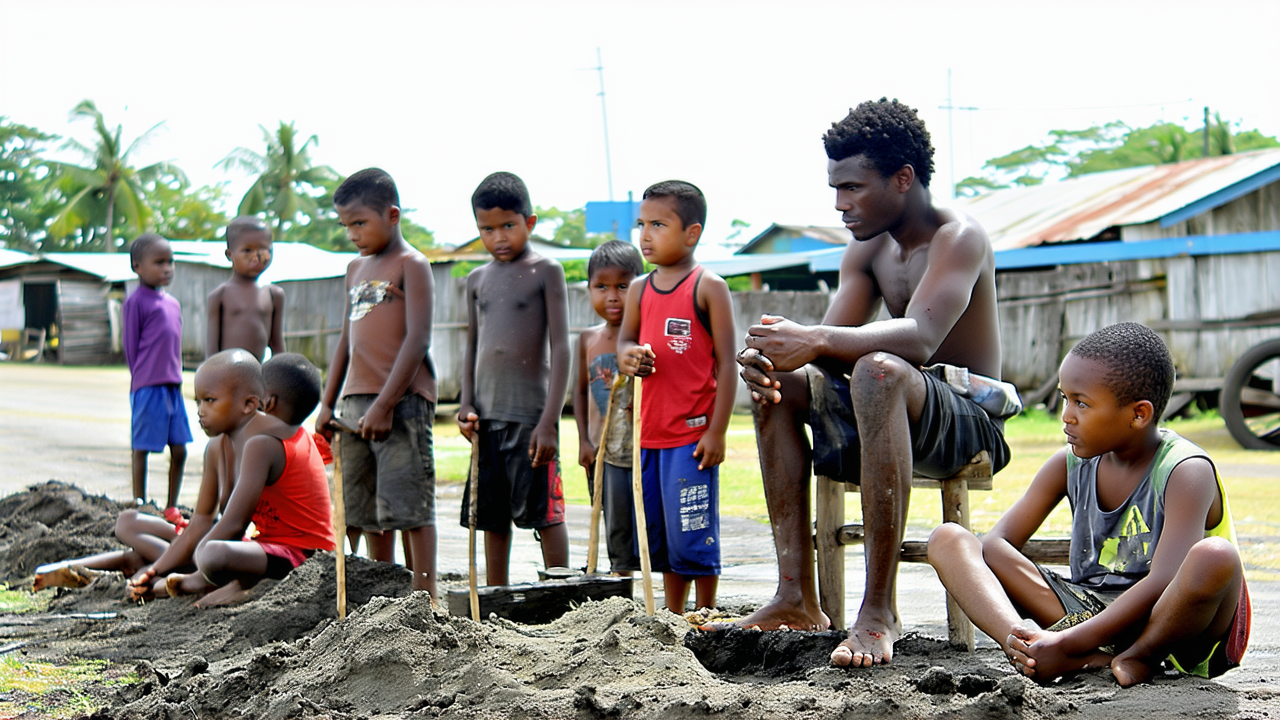Unemployment Rate for Pacific People More Than Doubles National Average
Unemployment Rate for Pacific People More Than Doubles National Average
New Zealand's latest quarterly labour market data has revealed a stark disparity in unemployment rates between Pacific people and the national average. According to Statistics New Zealand, the unemployment rate for Pacific people has reached 12.1 percent, more than double the national average of 5.2 percent. This figure marks the highest unemployment rate for Pacific people since the data began being tracked.
The Salvation Army’s social policy analyst, Ana Ika, highlighted that this growing gap reflects deeper challenges in the Pacific community, particularly for young people entering the workforce who are struggling to secure jobs or access training and education opportunities.
"Our labour force participation rate hasn't changed much, but our unemployment has increased," Ika said. She pointed out that this suggests many young Pacific people are entering the job market but are not finding employment, leading to a growing sense of economic instability within the community.
The data also showed that the overall economy lost around 2000 jobs in the June quarter, with a total loss of 16,000 jobs over the past year. This has placed additional pressure on the Pacific community, which is heavily represented in industries such as construction and agriculture—sectors that have seen little to no growth in job opportunities.
"If those industries don't pick up, that just sets the scene that there won't be a lot of job opportunities for people in our community," Ika said. She expressed concern that the current economic climate is not only failing to create jobs but also making it harder for Pacific people to find stable employment.
The Salvation Army has reported a rise in the number of families requiring financial assistance, food support, and mentoring services, which Ika attributes to the lack of available jobs and the tightening of welfare policies.
"The government's policies around welfare support simply added more pressure for people in a tough jobs market," she said. "You've got all of the sanctions that are happening with MSD, all of the restrictions in regards to housing support. And so there are all of these policy decisions that our government has made to … decrease spending. But the fact of the matter is … they're trying to push people into employment but there's sort of no jobs."
Finance Minister Nicola Willis acknowledged the challenges but noted that the current unemployment figures were better than forecasted. She emphasized the government's commitment to supporting those who are struggling to find work and highlighted the need for a more robust economic recovery.
"What we have inherited is the horrible human aftershock of poor economic management," Willis said. "It's what happens when you let interest rates and inflation get out of control is that it strangles an economy and it strangles job creation."
As the economic landscape continues to evolve, the challenges faced by the Pacific community serve as a stark reminder of the need for targeted policy interventions and a more inclusive approach to job creation and support services.
